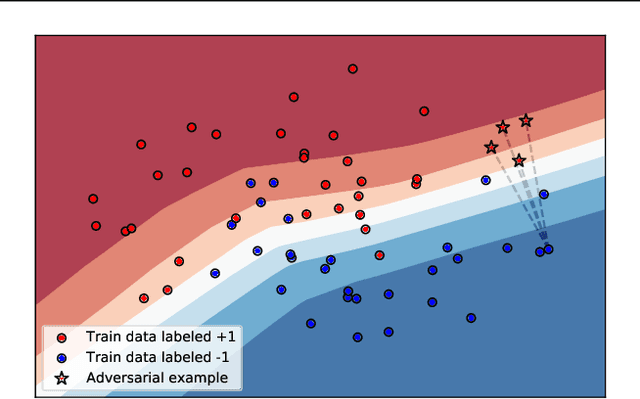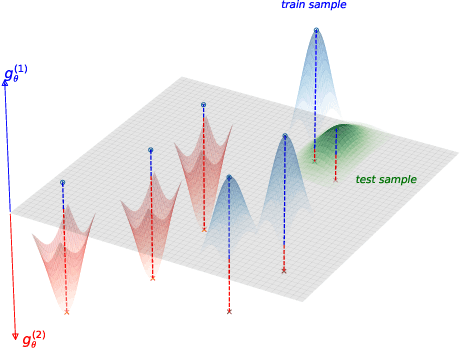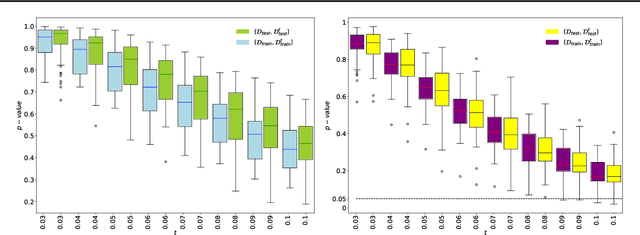Elie Kadoche
How to craft a deep reinforcement learning policy for wind farm flow control
Jun 06, 2025Abstract:Within wind farms, wake effects between turbines can significantly reduce overall energy production. Wind farm flow control encompasses methods designed to mitigate these effects through coordinated turbine control. Wake steering, for example, consists in intentionally misaligning certain turbines with the wind to optimize airflow and increase power output. However, designing a robust wake steering controller remains challenging, and existing machine learning approaches are limited to quasi-static wind conditions or small wind farms. This work presents a new deep reinforcement learning methodology to develop a wake steering policy that overcomes these limitations. Our approach introduces a novel architecture that combines graph attention networks and multi-head self-attention blocks, alongside a novel reward function and training strategy. The resulting model computes the yaw angles of each turbine, optimizing energy production in time-varying wind conditions. An empirical study conducted on steady-state, low-fidelity simulation, shows that our model requires approximately 10 times fewer training steps than a fully connected neural network and achieves more robust performance compared to a strong optimization baseline, increasing energy production by up to 14 %. To the best of our knowledge, this is the first deep reinforcement learning-based wake steering controller to generalize effectively across any time-varying wind conditions in a low-fidelity, steady-state numerical simulation setting.
MARLIM: Multi-Agent Reinforcement Learning for Inventory Management
Aug 03, 2023Abstract:Maintaining a balance between the supply and demand of products by optimizing replenishment decisions is one of the most important challenges in the supply chain industry. This paper presents a novel reinforcement learning framework called MARLIM, to address the inventory management problem for a single-echelon multi-products supply chain with stochastic demands and lead-times. Within this context, controllers are developed through single or multiple agents in a cooperative setting. Numerical experiments on real data demonstrate the benefits of reinforcement learning methods over traditional baselines.
Membership Inference Attacks via Adversarial Examples
Jul 27, 2022



Abstract:The raise of machine learning and deep learning led to significant improvement in several domains. This change is supported by both the dramatic rise in computation power and the collection of large datasets. Such massive datasets often include personal data which can represent a threat to privacy. Membership inference attacks are a novel direction of research which aims at recovering training data used by a learning algorithm. In this paper, we develop a mean to measure the leakage of training data leveraging a quantity appearing as a proxy of the total variation of a trained model near its training samples. We extend our work by providing a novel defense mechanism. Our contributions are supported by empirical evidence through convincing numerical experiments.
 Add to Chrome
Add to Chrome Add to Firefox
Add to Firefox Add to Edge
Add to Edge